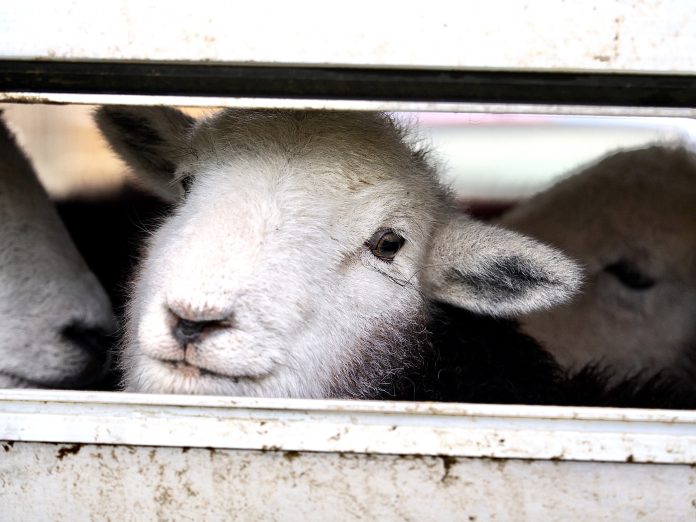You can help all animals and our planet by choosing compassion on your plate and in your glass. #GoVeg
RELATED ARTICLES
Pressure Mounts For Arizona To Ban Dog Pack Hunting Of Mountain Lions, Bears & Other Critical Species
Conservation groups have submitted a petition to the Arizona Game and Fish Commission urging a ban on the use of dog packs for hunting...
Help Save Millions Of Lives This Holiday By Choosing Compassion On Your Plate; Adopt A Turkey Today!
As Thanksgiving approaches, we hope you enjoy a warm and safe holiday. We encourage you to make a compassionate choice by leaving animals off...
Giraffes Are One Step Closer To Receiving Vital Endangered Species Act Protections
In response to a petition and subsequent lawsuit by conservation and animal protection organizations, the U.S. Fish and Wildlife Service (USFWS) has proposed listing...
Popular stories
News
Update! FOUR PAWS Provides New Home For 180 Sheep That Were Rescued From Last Year’s Capsized Ship In Romania
Rescued sheep from capsized Romanian ship. Photo by: FOUR PAWS/ ARCA
After weeks of extensive negotiations with authorities, FOUR PAWS and its Romanian partner, animal...
Breaking News
Iceland Suspends Whaling On Its Hvalur 8, One Of Two Remaining Whaling Vessels
Update: Icelandic whaling vessel, Hvalur 8, which has been hunting fin whales since September 1st, has been ordered to suspend its operations. The order...
News
Progress As Major Shipping Company Moves Route South Of Sri Lanka To Help Protect Endangered Blue Whales
The world’s largest shipping and logistics conglomerate, MSC Group, is adjusting its shipping route south of Sri Lanka to reduce its collision risk with...



